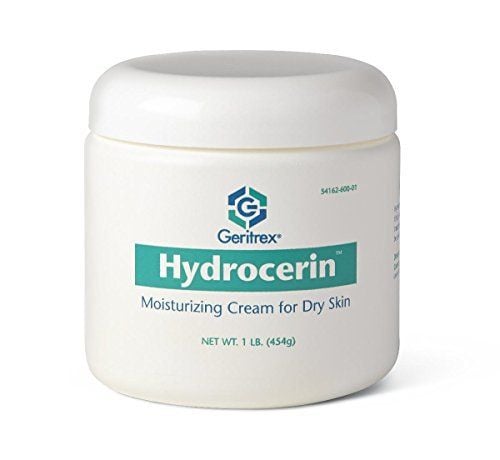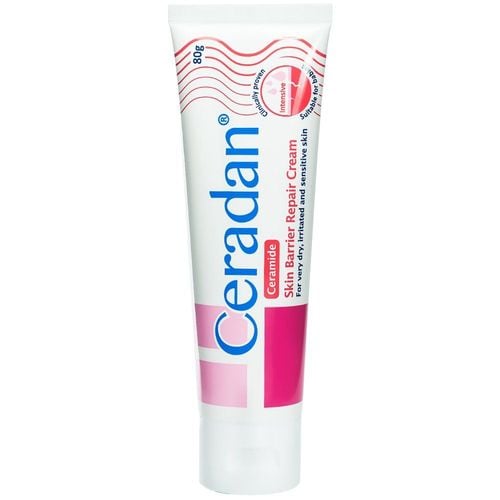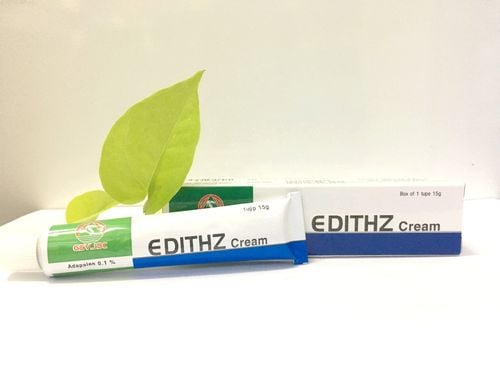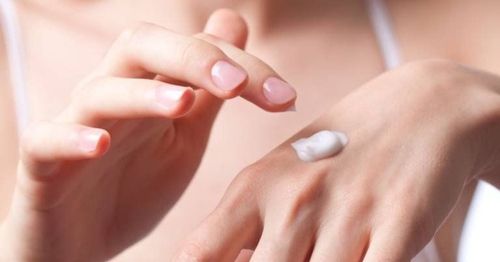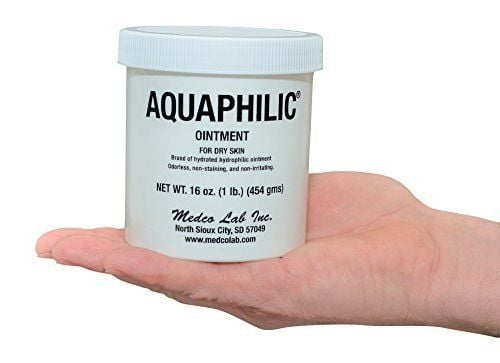This is an automatically translated article.
The article is expertly consulted by Master, Doctor Le Nhat Nguyen - Obstetrician-Gynecology Specialist - Vinmec Danang International General Hospital.Stress, hormonal changes after giving birth, and the fatigue of caring for a new baby can make a mother's skin too dry or too shiny. Some women with beautiful skin before and during pregnancy will develop acne and brown spots since having a baby.
1. Dry or oily skin after giving birth
Because most of the attention has been paid to the new baby, many women after giving birth do not have time to take care of their skin. If you have noticeably drier skin since having a baby, you should try a few new cleansers and moisturizers. In general, gentle formula cosmetics - like Dove and Olay, are not too expensive but are quite effective. You can also use a lotion or cream containing 12% lactic acid for regular exfoliation.If oilier skin after giving birth causes you to have acne problems, use oil-free cosmetics. Skin care products that are too specific can clog pores and contribute to breakouts.
One thing to keep in mind is that dry skin can signal an underactive thyroid. This condition affects about 2-5% of mothers in the first year after giving birth. Your doctor may order a quick blood test to diagnose a thyroid problem.
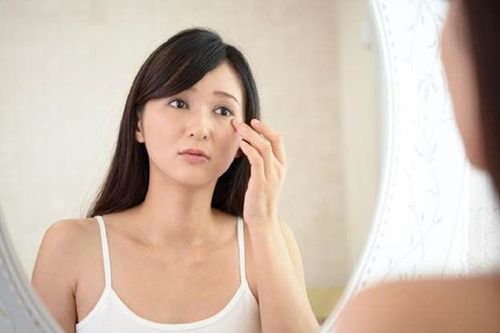
2. Other postpartum skin problems
2.1. Stretch marks
The fact is that stretch marks will not disappear after giving birth, but only fade over time. At first, stretch marks stand out as pink, sepia, or purple, but they become lighter in color than the surrounding skin.There are many creams or body lotions that advertise stretch marks removal, but most of these products are simply moisturizers, with no effect on stretch marks. But at least moisturizing will also make the skin smoother, more elastic. You don't have to buy expensive products, as daily lotions and natural oils (like coconut oil) also work quite well.
Creams derived from vitamin A (retinoids, tretinoin) have the ability to improve stretch marks if used early, when the stretch marks are still in the red or purple stage. However, caution should be exercised because tretinoin can cause birth defects in young children if used during pregnancy. Therefore, instead of buying lotion on your own, ask your doctor to advise you which type is suitable during this extremely sensitive period of pregnancy, postpartum and lactation.
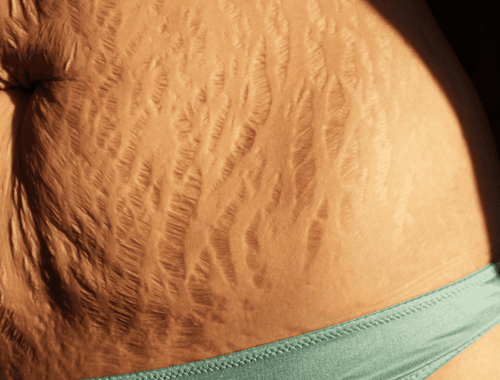
2.2. Brown spots on skin
Postpartum hormonal changes, stress and fatigue not only make your skin drier or more oily after giving birth, but it also affects the skin in other ways. This is also the reason why so many women, who used to have beautiful skin before and during pregnancy, suddenly appear brown spots on their skin within a few months of giving birth.Rubbing can't make brown spots go away, so be gentle on your skin. It's best to use a mild cleanser twice a day, pat dry with a soft towel, and apply a water-based moisturizer if your skin is dry.
Depending on the condition of your skin, the doctor will advise more appropriate measures. If you have acne caused by oily skin, your doctor may prescribe a cream containing benzoyl peroxide or tretinoin, in combination with an antibiotic cream.
Some birth control pills are also effective in clearing brown spots, making the skin smoother and brighter. However, the drug can affect breast milk supply, so breastfeeding women should not use it until the baby is 6 weeks old.
2.3. Dark spots
Melasma on the face as well as the dark line running down the abdomen, which is caused by high levels of pregnancy hormones in the body, usually fades within a few months after giving birth. Although it fades over time, some marks may never go away completely.Ultraviolet rays from the sun will cause melanocytes to produce the pigment melanin, worsening the darkening of the skin. So try to avoid direct sun exposure by wearing hats, umbrellas, jackets to go out, combined with daily use of sunscreen.
Recommended video:
How to wear a mask to both prevent disease and not affect the face
Most skin problems that appear during and after pregnancy usually do not require medical treatment. But if you are too concerned about acne and dark spots, or too dry or oily skin after giving birth affecting your daily life, see a dermatologist for more advice. Even if you have to be busy taking care of your baby during this time, don't forget to pay attention to yourself, especially your skin. This is also an effective way to limit unnecessary stress and anxiety, thereby preventing dangerous postpartum depression.
Postpartum women should eat well, get enough sleep to avoid dark circles, dry skin, oily skin, dull skin and other side effects caused by insufficient rest. You should keep your mind relaxed and avoid stress. If you notice abnormal signs on your skin, you should go to reputable medical facilities for advice and examination.
Vinmec International General Hospital with a system of modern facilities, medical equipment and a team of experts and doctors with many years of experience in medical examination and treatment, patients can rest assured to visit. examination and treatment at the Hospital.
If you have a need for consultation and examination at Vinmec Hospitals under the nationwide health system, please book an appointment on the website for service.
Please dial HOTLINE for more information or register for an appointment HERE. Download MyVinmec app to make appointments faster and to manage your bookings easily.
Reference source:babycenter.comSEE MORE
How to treat acne Summer facial care guide Guide to skin rejuvenation with PRP aftercare






